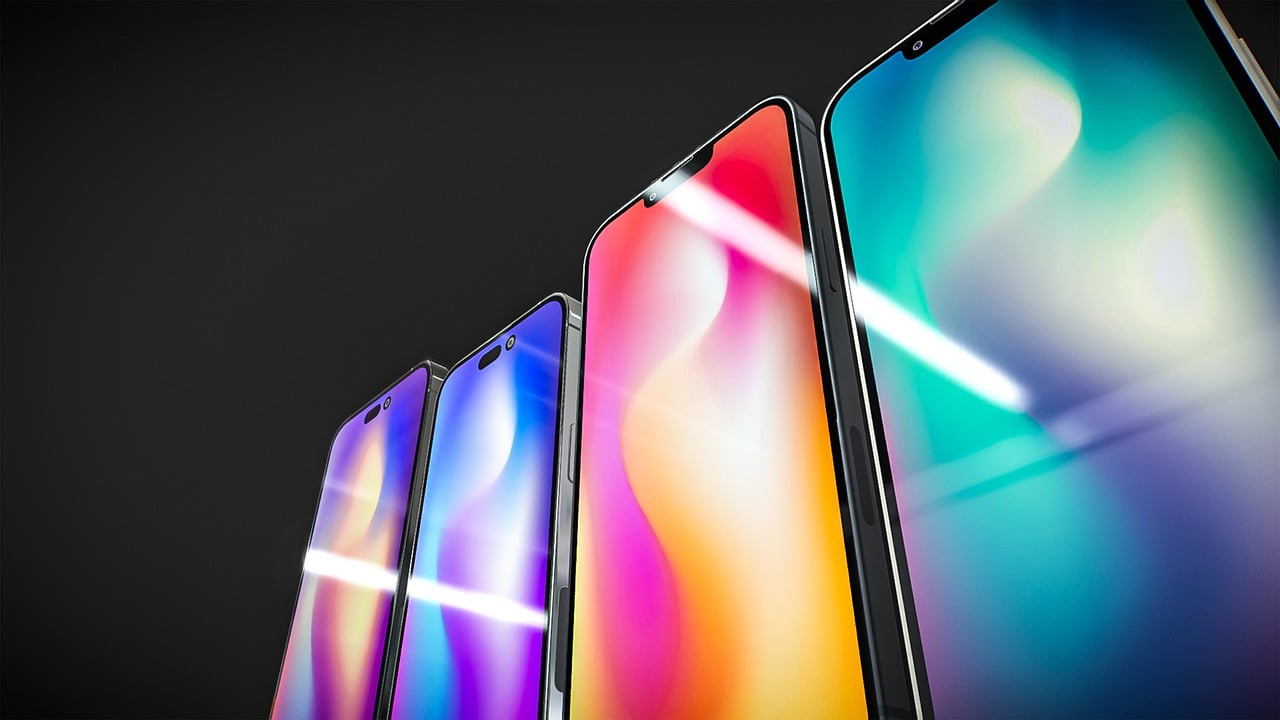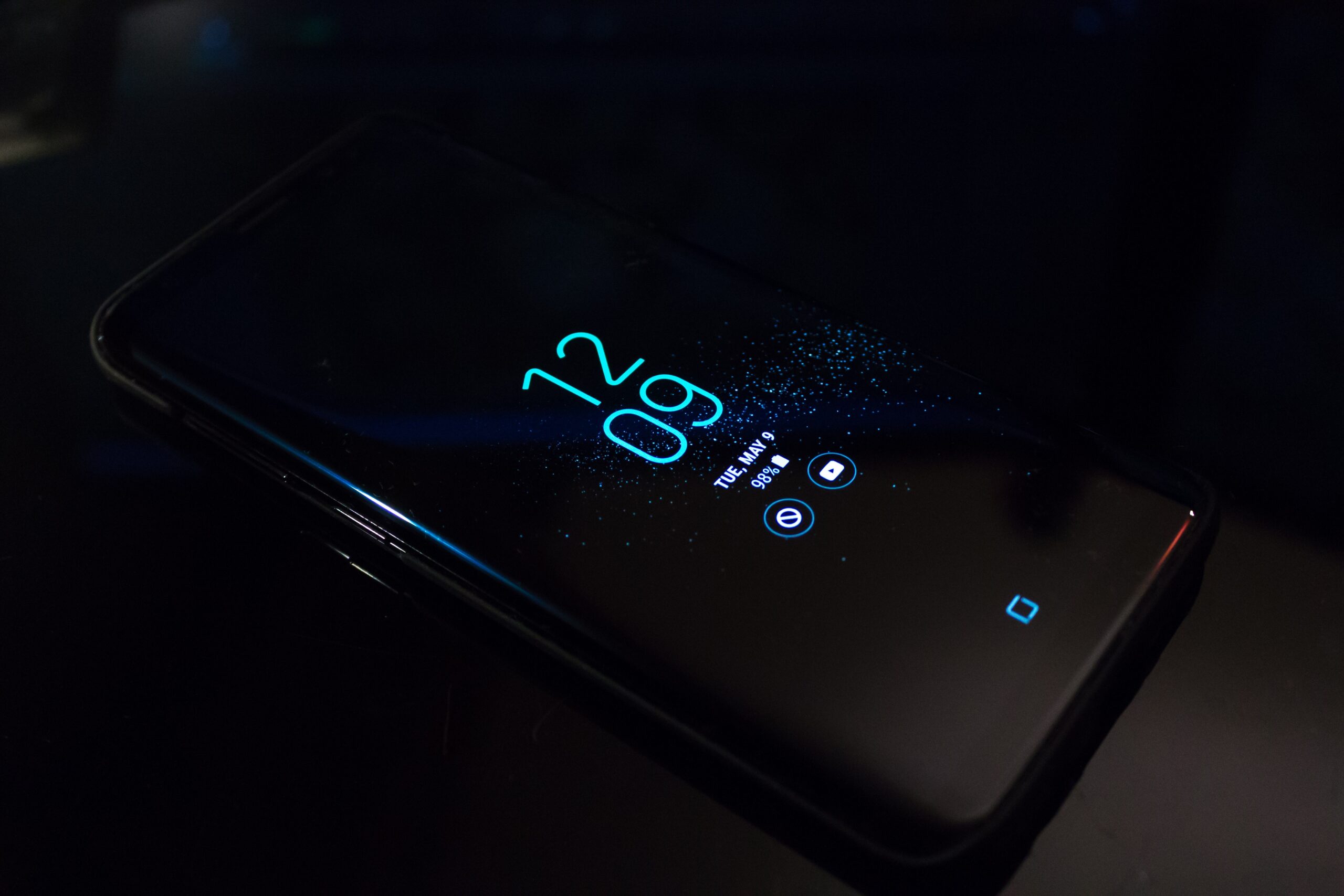It is important to pay attention to the signs and see if you have been spending too much time on the device.
Since cell phones were created and have been increasingly developed, they have become indispensable in the lives of many people, making it almost impossible to find someone who doesn't have one. They are increasingly technological and can be used for different activities, since almost everything we need is right there, in the palm of our hand. The problem is that constant use of smartphones can be causing addictions and negatively impacting people's lives, and can affect personal and even professional relationships.
This addiction to cell phones is not yet officially considered a mental disorder, but it already has a specific name and has affected people all over the world. Learn all the details about the subject and learn how to combat the addiction.

Nomophobia
Nomophobia is the name given to cell phone addiction, which comes from “no-mobile-phone phobia” and means fear of being without it. cell phone. The problem is characteristic of those who cannot be without their device and feel a compulsive need to check messages and videos, spending hours and hours on applications.
According to experts, some evidence already shows that the effects of addiction to cell phone in the brain are similar to the effects of other addictions, causing a feeling of reward and the release of dopamine, the hormone of well-being and pleasure. And, also, as with other types of addiction, people addicted to cell phones may not be able to change, despite the various consequences generated in their life, body and mind, since in the brain, neural activity is also altered.
Consequences
The main consequences of this problem are stress, anxiety, depression, sadness, lack of sleep, difficulties in relating to others and the tendency to develop other comorbidities. In children and adolescents, the consequences can be worse, as at this stage, the brain is still developing. Because of this, when they become adults, these people may develop other types of addictions.
Signs that may indicate addiction
– You spend more time on your cell phone than interacting in person;
– You get irritated when someone asks you to get off your cell phone;
– You check your cell phone before going to sleep and when you wake up;
– You feel sleepy, but you can’t sleep because you’re using your cell phone;
– You use your cell phone while driving or walking on the street;
– You spend a lot of money on apps, games and online shopping;
– Your social and emotional relationships are affected by the time you spend on your cell phone.
Tips to combat the problem
Leave your cell phone away
Keeping the device out of sight is essential so that you can detach yourself from it a little.
Change screen colors
Change the screen colors to black and white. This change will make the phone less attractive and may make you less likely to use it.
Use resources to combat cell phone addiction
Several applications help monitor the time spent accessing social networks and other applications. Some devices already have a similar function, available in the settings, appearing as parental control indications or digital wellbeing.
Do a digital detox
Try to start fighting the excessive use of technology. Try to stay away from your cell phone for as long as possible. This can be stressful, but as you practice, it will become more and more common.
Do other offline activities to replace your cell phone
Another option is to replace cell phone use with other activities that you enjoy doing, such as exercising, walking, meeting friends and family, cooking, etc.
Important: If you notice that you are becoming addicted and are unable to reduce your smartphone use even with these tips, it is best to seek professional help and schedule an appointment with a psychologist.



